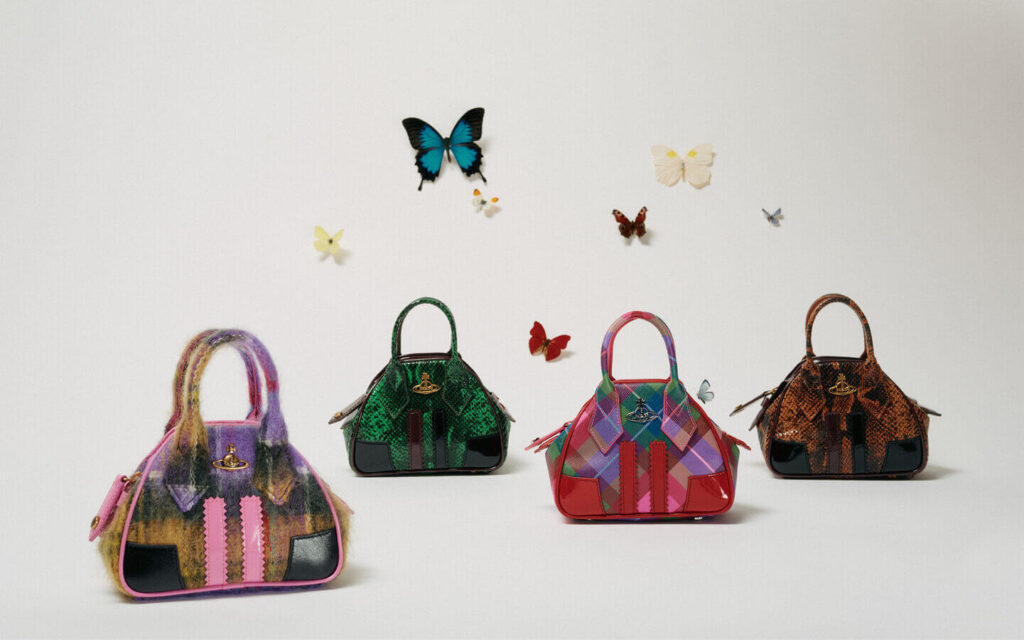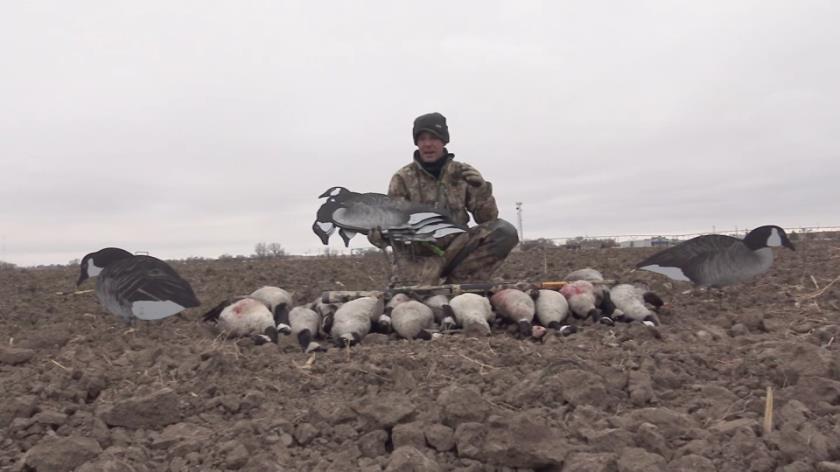Crowds clashed with police, and ransacked or burned shopping malls across South Africa on Tuesday with dozens reported killed as grievances unleashed by the jailing of former President Jacob Zuma boiled over into the worst violence in decades.
Protests that followed Zuma’s arrest last week have widened into an outpouring of anger over the inequality that remains 27 years after the end of apartheid.
Poverty has been exacerbated by severe social and economic restrictions aimed at curbing the spread of COVID-19.
Unemployment stood at a new record high of 32.6 percent in the first three months of 2021.
Security officials said the government was working to bring an end to the violence and looting, which has spread from Zuma’s home province of KwaZulu-Natal to Johannesburg, the country’s biggest city, and its surrounding province of Gauteng.
The South African Police Service (SAPS) said late on Tuesday that as many as 72 people had lost their lives and 1,234 had been arrested over the last few days as protests descended into looting and riots.
The legal proceedings against Zuma, who is charged with multiple counts of corruption, have been seen as a test of post-apartheid South Africa’s ability to enforce the rule of law.
The former president, who has denied wrongdoing, was jailed for contempt after he defied an order to attend an inquiry into high-level graft. The violence has worsened as Zuma challenged the 15-month term in the country’s top court on Monday.
Soldiers have been deployed to help support the police and “restore order”.
Any confrontation with soldiers risks fuelling claims by Zuma and his supporters that they are victims of a politically motivated crackdown by his successor, Cyril Ramaphosa.
 Police and security guards stand over arrested looters in Johannesburg after protests that began over the jailing of former president Jacob Zuma descended into looting and violence [Kim Ludbrook/EPA]
Police and security guards stand over arrested looters in Johannesburg after protests that began over the jailing of former president Jacob Zuma descended into looting and violence [Kim Ludbrook/EPA]Here are the latest updates:
IN PICTURES: Violence and looting escalates in South Africa as Zuma jailed
 A business is set on fire during widespread looting and protests in Durban, South Africa [EPA]
A business is set on fire during widespread looting and protests in Durban, South Africa [EPA] People throw stones at police as they attempt looting at Letsoho Shopping Centre in Katlehong, east of Johannesburg, South Africa [Themba Hadebe/AP photo]
People throw stones at police as they attempt looting at Letsoho Shopping Centre in Katlehong, east of Johannesburg, South Africa [Themba Hadebe/AP photo]
Death toll climbs to 72 as violence continues
The death toll from five days of violence in South Africa has risen to 72, police said on Tuesday, despite President Cyril Ramaphosa’s deployment of troops to quell the unrest.
“The total number of people who have lost their lives since the beginning of these protests … has risen to 72,” police said in a statement.
Most of the deaths, the forces, said “relate to stampedes that occurred during incidents of looting of shops”.
Others were linked to shooting and explosions of bank automatic cash machines.
Violence will ‘exacerbate’ situation further: Entrepreneur
Tumelo Mosethli, a South African entrepreneur based in Johannesburg, said jobs being lost as a result of the unrest will “exacerbate” the current situation.
“We don’t need this – to see people’s shops and businesses being gutted,” he told Al Jazeera.
“Yes, people are hungry today, but tomorrow there’ll be more unemployment, more pain, more suffering in a nation that is trying to recover and rebuild itself.”
 A plain-clothed police officer arrests a man for looting in a mall in Vosloorus, on July 13, 2021 [Marco Longari/ AFP]
A plain-clothed police officer arrests a man for looting in a mall in Vosloorus, on July 13, 2021 [Marco Longari/ AFP]
Situation now ‘calmer’ – correspondent
Al Jazeera’s correspondent Fahmida Miller reporting from Johannesburg said the situation in the city was “certainly calmer”.
“It is calm, I think we have military police and soldiers deployed here now, they weren’t here earlier in the day,” Miller said.
“But I also think there possibly isn’t anything left in the stores to loot,” she added.
Wide extent of uprising ‘unexpected’: Analyst
Tim Murithi of The Institute for Justice and Reconciliation says that while the protests following Zuma’s arrest were expected, the large scale of the uprising was “unexpected”.
“I think what was unexpected was the broad scope, and the wide extent which we’ve seen the uprisings in a number of different cities and towns across at least two provinces,” he told Al Jazeera from Cape Town via Skype.
“The key point is this really reveals the multi-layered nature of the crisis … social, economic disparities, social exclusion that goes back to the apartheid legacy in South Africa, combined with years of misrule, paradoxically, by Mr Jacob Zuma between 2009 and 2018.”
 South African National Defence Force (SANDF) soldiers stand guard as they face a crowd of looters at the Jabulani mall in Soweto on the outskirts of Johannesburg on July 13, 2021 [Emmanuel Croset/AFP]
South African National Defence Force (SANDF) soldiers stand guard as they face a crowd of looters at the Jabulani mall in Soweto on the outskirts of Johannesburg on July 13, 2021 [Emmanuel Croset/AFP]
Farmers facing major losses amid uprising: Officials
South African farmers have been hit by days of unrest and looting as trucks carrying produce are prevented from delivering to markets, threatening food supplies, industry officials said.
“Farmers have already had major losses because they cannot get their products to local markets and to shops,” Christo van der Rheede, executive director at the country’s main agricultural body Agri SA, said.
One of Agri SA’s farmers has already reported the loss of three million rand ($205,333) of perishable produce that could not be transported, van der Rheede said.
No peace until Zuma released – foundation
Former president Jacob Zuma’s foundation said there would be no peace in South Africa until the former president was released from jail.
“Peace and stability in South Africa is directly linked to the release of President Zuma with immediate effect,” it said in a tweet.
Peace and stability in South Africa is directly linked to the release of President Zuma with immediate effect.
It was just pure malice to incarcerate President Zuma whilst litigation on his Detention Without Trial case (for a civil contempt) was on-going.#WenzenuZuma
— JGZuma Foundation (Official) (@JGZ_Foundation) July 13, 2021
“The violence could have been avoided. It started with the decision of the constitutional court to detain president Zuma … This is what gave anger to the people,” a spokesman for the foundation told Reuters news agency separately.
‘Criminal element’ hijacking situation – Gauteng premier
Premier David Makhura of Gauteng province, which includes Johannesburg, said “the criminal element has hijacked this situation.
“We understand that those unemployed have inadequate food. We understand that the situation has been made worse by the pandemic,” an emotional Makhura told the state South African Broadcasting Corporation.
“But this looting is undermining our businesses here (in Soweto). It is undermining our economy, our community. It is undermining everything.”
More than 400 people were arrested in Gauteng, but the situation was far from under control, he said.
 People throw stones at police as they attempt looting at Letsoho Shopping Centre in Katlehong, east of Johannesburg, South Africa [Themba Hadebe/AP photo]
People throw stones at police as they attempt looting at Letsoho Shopping Centre in Katlehong, east of Johannesburg, South Africa [Themba Hadebe/AP photo]
Troop presence making a ‘difference’
Al Jazeera correspondent Fahmida Miller, reporting from Johannesburg, says the deployment of troops on the streets was now helping to quell the protests.
“Over the last two or three hours … police were struggling to manage what’s been going on and now that there are soldiers here in the last hour and a half there is somewhat of a difference,” she said.
“There are a couple of streets that are deserted and certainly there is hope the presence of the army will quell some of the riots that we’ve seen.”
South Africa says vaccine rollout, essential healthcare disrupted by unrest
South Africa’s health department said violent protests had disrupted the rollout of COVID-19 vaccines and essential healthcare services such as the collection of chronic medication by tuberculosis, HIV and diabetes patients.
The department said in a statement it was temporarily closing some vaccination sites, adding anyone with an inoculation scheduled in an area affected by the continuing unrest was advised to defer their vaccination.
 A policeman tries to control looting during protests in Durban, South Africa [EPA]
A policeman tries to control looting during protests in Durban, South Africa [EPA]Currency nosedives amid spread of violence
The South Africa rand, which had been one of the best performing emerging market currencies during the pandemic, dropped to a three-month low on Tuesday, and local and hard currency bonds suffered.
40 killed in unrest: Authorities
At least 45 people have so far been killed during the unrest, 19 in Gauteng and 26 in KwaZulu-Natal, according to state and provincial authorities.
Police Minister Bheki Cele put the official death toll at 10.





More Stories
Victims, gunman, and ‘good Samaritan’ who ended massacre ID’d in Indiana mall shooting
Armed citizen at Greenwood mall hailed as hero who saved lives – WISH-TV | Indianapolis News | Indiana Weather
Indiana mall shooting: Live updates